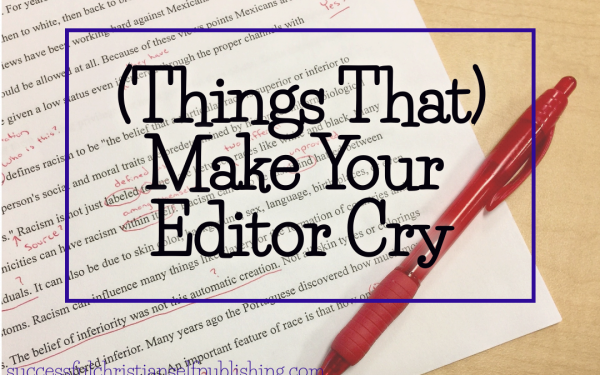Make Your Editor Cry: Afterword vs. Afterward

Afterward
Afterward is an adverb meaning at a later or succeeding time, subsequently, or thereafter. Afterward without an “-s” on the end is the US spelling while afterwards with an “-s,” which Webster allows as a variant spelling, is the British spelling.
Afterword
Afterword is an entirely English word with no ancient language roots. Afterword combines the words AFTER and WORD and first appeared in the language in the late 19th century. The word afterwords with an “-s” is just the plural form meaning more than one afterword.
Oxford says an afterword is a concluding section in a book, typically penned by a person other than the author. Webster literally and incorrectly defines afterword as an “EPILOGUE,” then lists synonyms as addendum, appendix, codicil, excursus, or supplement. In Webster’s English Language Learners Definition of afterword, it is a final section that comes after the main part of a book.
On this one, once again, Webster is incomplete (well, wrong). Oxford is more correct.
An afterword is a short addition or concluding section at the end of a literary work that is a statement on the entire narrative, not just one or two aspects of it. Like a foreword, it can be—but is not always—written by a person other than the author of the main work. It is frequently told from a different perspective and set in a different time period. Afterwords may occur in fiction, but they are more common in works of nonfiction—particularly in revised editions that have been reissued many years after the initial publishing.
Correctly defined, an afterword is not the same as an epilogue. In fiction writing at least, an epilogue is a literary device that functions as a supplemental, but separate, part of the main story. An epilogue is the final segment of a story and effectively serves as one final chapter. It is often used to reveal the fates of the characters in a story and wrap up any loose ends. An epilogue is always set at some point in the future, after the main events of the story have taken place. Sometimes, particularly in genre fiction, it is also used to hint at the next installment in a series of works.
An afterword is also distinct from an addendum, appendix, codicil, excursus, and supplement. These words all typically deal with some specific part or aspect of the narrative and provide additional details, opinions, supporting facts, or supplemental resources concerning that single aspect of the narrative.
Examples:
Incorrect:
We went to the club afterword and danced few slow dances.
I learned that the author hailed from Ireland by reading the afterward.
Incorrect for US English:
We went to the club afterwards and danced few slow dances.
Correct:
I learned that the author hailed from Ireland by reading the afterword.
Correct for US English:
We went to the club afterward and danced few slow dances.

Gregg Bridgeman is the Editor-in-Chief at Olivia Kimbrell Press. He is husband to best-selling Christian author Hallee Bridgeman and parent to three. He continues to proudly serve in the US Armed Forces and has done so in either an active or reserve capacity for more than twenty years as an airborne and air assault qualified paratrooper, earning a Bronze Star for his service. Most importantly, he was ordained in October of 2001 after surrendering his life to Christ decades earlier.

